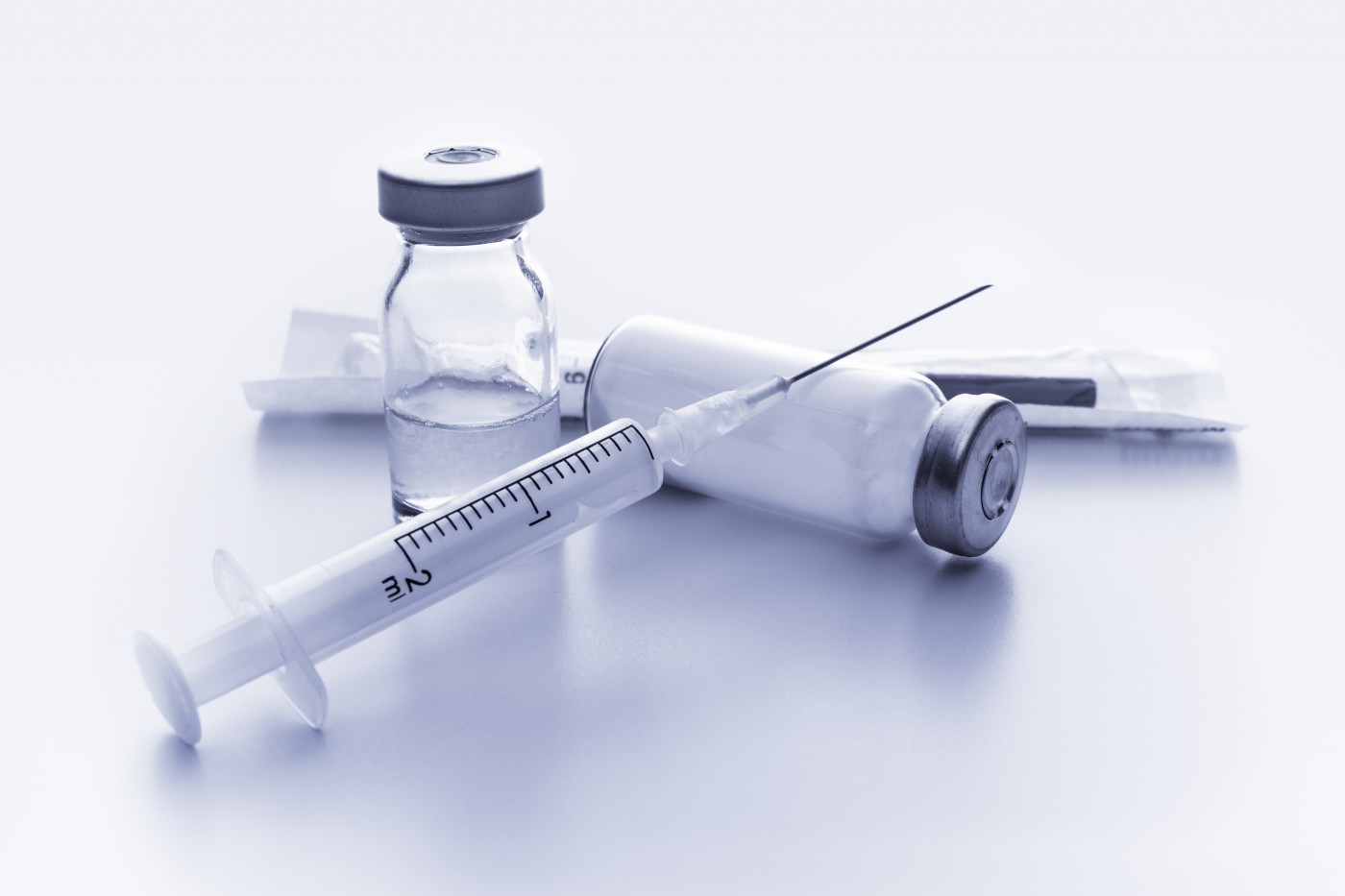Researchers at the Houston Methodist Research Institute, the Baylor College of Medicine and the University of Texas MD Anderson Cancer Center recently revealed a new method to increase the anti-tumor activity of cancer vaccines based on porous silicon microparticles. The study was published in the journal Cell Reports and is entitled “Porous Silicon Microparticle Potentiates Anti-Tumor Immunity by Enhancing Cross-Presentation and Inducing Type I Interferon Response.”
Cancer vaccines have been the target of intense research and are based on the idea of turning the body’s own immune system against cancer cells in a more robust way. The U.S. Food and Drug Administration (FDA) has approved cancer vaccines and immunotherapy drug agents for the treatment of lung cancer, prostate cancer and melanoma since 2010. Currently, there are several ongoing clinical trials to evaluate vaccine efficacy in cancer therapy.
There are no FDA-approved vaccines against breast cancer, a disease that was diagnosed in approximately 235,000 individuals in 2014, resulting in over 40,000 deaths. It is known that 25 to 30% of all breast cancers overexpress a cell surface hormone receptor called HER2. A breast cancer vaccine could therefore target this naturally occurring receptor, training the patient’s immune system to recognize the cancer cells overproducing HER2 and kill them, without affecting healthy cells. Unfortunately, vaccines against HER2 only exhibited a modest success thus far.
“Vaccines targeting the HER2 oncoprotein have been tried,” explained the study’s senior author Dr. Haifa Shen in a news release. “But these vaccines have mostly not been very potent because of inefficient vaccine delivery, a poor immune response at the site of the tumor, and other factors.”
Microparticles have been considered strong candidates for cancer vaccine adjuvants as they are able to enhance the immune response. In this study, researchers report on a porous silicon microparticle (PSM)-based cancer vaccine that can be loaded with antigens such as HER2. Using mice models, the team found that specific PSM-loaded HER2 antigen can stimulate the immune system inducing a robust T cell-dependent anti-tumor immunity that leads to the attack of breast cancer cells overexpressing HER2 antigens.
“We could completely inhibit tumor growth after just one dose of the cancer vaccine in the animal model,” noted Dr. Shen. “This is the most amazing result we have ever seen in a tumor treatment study.”
The team found that PSMs themselves are most likely behind this successful result, as they were found to promote, both in vivo and in vitro, a strong sustained innate immune response with activation of type I interferon at local sites of cancer growth, even without an antigen loaded. “We have shown for the first time that a microparticle can serve as a carrier for sustained release and processing of tumor antigens,” said Dr. Shen. “But just as importantly, we learned the microparticles themselves appear to be enough to stimulate a type I interferon response, (…) PSMs persistently challenge the antigen-presenting cells to activate the T cells,” Furthermore, PSMs also “modify the tumor microenvironment so that the cytotoxic T cells maintain their activity.”
The research team concluded that the effectiveness of cancer vaccines can be potentiated by first loading the cancer antigens into silicon microparticles, and suggest that this finding can be generalized to other types of antigens and cancers. “Besides developing a highly potent breast cancer vaccine, we have also demonstrated that PSMs are versatile,” concluded Dr. Shen. “This is a technology platform that can be applied by other scientists to develop vaccines for other types of cancers, ultimately helping, we hope, more types of cancer patients.”


